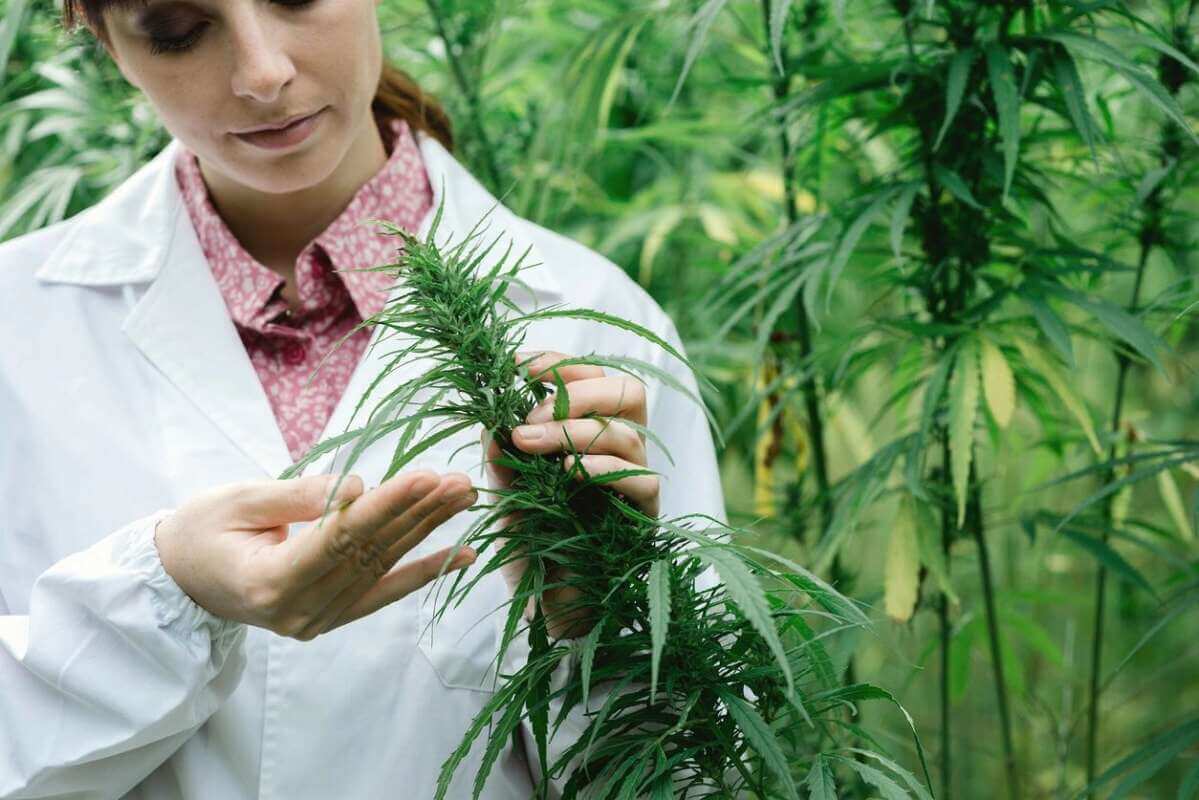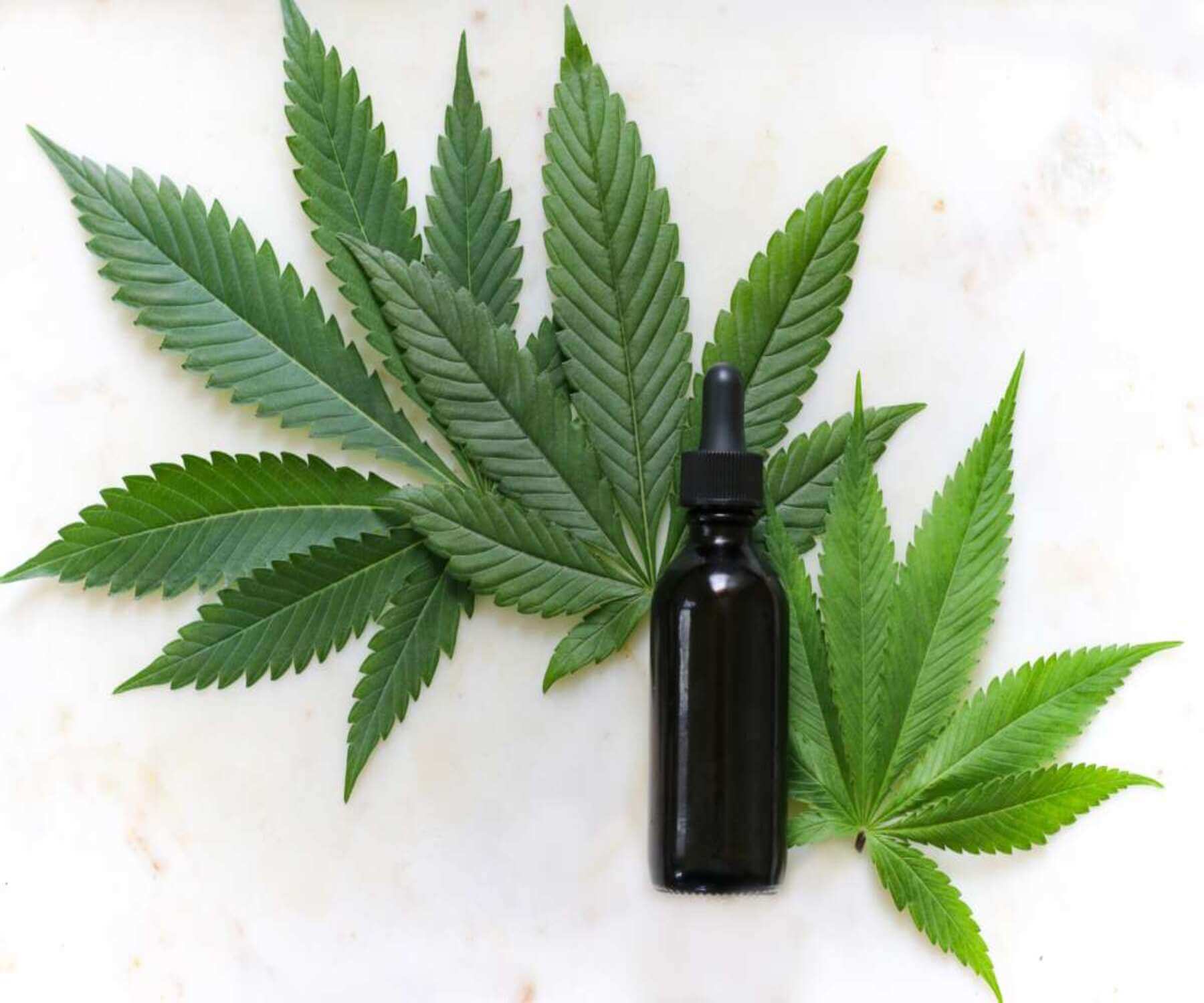Find out what you need to know about CBD Oil.
Ten years ago, you may not have known anything about CBD or how it could help you in your daily life. Today, it’s quickly grown into a billion-dollar business in both Canada and the USA. Here’s what you should know about how the CBD market in each country (and whether the two could be trading any time soon!).

A quick CBD recap
If you’re unfamiliar with CBD, here’s what you need to know before you dive into the markets in each country. CBD stands for cannabidiol, which is one of the chemical compounds from the Cannabis plant. This plant is also known as marijuana and is made up of two major players: CBD and THC. Yet, unlike THC which is the major active ingredient in marijuana, CBD isn’t psychoactive at all. This means that you can utilize its health benefits without becoming “high” at all.
In fact, with the right dosage, you’re not going to feel altered in any way psychoactive and as long as your CBD oil was grown with seeds (https://www.copecbd.com/cbd-seed/) containing less than 0.3% THC it’s legal too! However, people do claim that it can help with a variety of health conditions such as epilepsy, back pain, osteoarthritis, and even cancer. From tinctures to edibles to vape pens, there are numerous ways that you can consume CBD for treatment. While CBD isn’t a fix-all for everything, its popularity has certainly grown in the past few years as people have sworn by their personal success with them.
As a result, markets have grown within both Canada and the USA to respond to demand accordingly. Both countries have seen sales of CBD skyrocket in recent years, with new physical and online dispensaries opening rapidly to follow the wave of demand.

How has CBD impacted relations between the two countries?
While both these countries have roaring CBD markets, their policies have caused a few incidences when it comes to regulation. For one, the passage of the 2018 U.S. Farm Bill has Canadian growers itching to sell their products to the U.S. for a profit. Unfortunately, due to the way that CBD is currently regulated in both countries, neither are prepared for a trade agreement. US online dispensaries like CBD Plus USA are entirely limited to sales in the US, while a Canada weed dispensary can only sell to individuals living in Canada – albeit they must be over the legal age of purchase. In fact, even travelers have found that they aren’t even able to successfully transport it over borders for personal use.
In this August 2019 CBC article, one Canadian woman detailed how she was prohibited from crossing the border by U.S. Border Control because CBD oil was found in her backpack. Because it was a daily supplement, she wasn’t under the impression she needed to declare. This resulted in her not only being denied from entering but also being fingerprinted and fined $500.
Thus, it seems that there’s still a way to go before there’s any kind of crossover between the two countries’ markets.
Breaking Down CBD’s Legality in the USA and Canada
CBD in Canada
Because CBD is a compound found in the cannabis plant, it’s regulated under the Cannabis Act according to the Canadian Government’s Cannabidiol information. As CBD is a controlled substance under the United Nations drug control conventions, Canada remains consistent with these international regulations. It is only legal when sold in compliance with the Cannabis Act and its regulations for possession, production, distribution, and sales. When it comes to production, distribution, and sales, Health Canada oversees regulation of CBD and any products containing CBD. The provinces and territories themselves are responsible for determining how cannabis is distributed and sold within their jurisdictions.
CBD in the USA
The United States has approached CBD’s legality differently. The Food and Drug Administration (FDA) is a federal agency responsible for protecting public health when it comes to human drugs and biological products. Thus, it’s taken an interest in CBD as it’s risen in popularity. However, to date, the FDA has only approved one CBD production, which is a prescription drug product that treats two rare forms of severe epilepsy. This drug is called Epidiolex.
Currently, the FDA forbids marketing CBD as a dietary supplement on food labeling and acknowledges that some products are being marketed with unproven medical claims and quality. As a result, it is investigating its safety and evaluating the risk to consumers. It pledges to update the public as the FDA learns more about CBD and its effects.
That said, at the state level, each individual state has the ability to decide whether or not it wants to allow CBD. If it does, states can also dictate how the products themselves are regulated through the type, labeling, licensing, etc. As of now, 47 states and the District of Columbia have legalized CBD (some with restrictions). Idaho, Iowa, and South Dakota are the three states that have made it illegal in every form.
Now, this is counter to some information regarding the 2018 U.S. Farm Bill. While this was the piece of legislation to legalize hemp and remove it from the Drug Enforcement Administration (“DEA”) Schedule I controlled substance designation, there have still been states that have continued to oppose it. For example, states like South Dakota who stated that their current rules held that industrial hemp and all forms of CBD oil were still illegal despite the passing of this bill. Only time (and potential lawsuits) will tell if these rules will adjust accordingly.

Total Canadian vs. USA CBD Sales
For anyone looking at the numbers, they know that CBD is booming in the U.S. In fact, it’s a billion-dollar industry anyway that you look at it. In 2018, the consumer sales of CBD was around half a billion dollars. Brightfield then reported that the CBD product sales grew to around $5 billion in 2019. Based on this 706 percent growth in just one year, you’re looking at roughly $23 billion by 2023. That’s pretty incredibly for a product that’s grown significantly in the last decade.
While the numbers aren’t quite as clear cut in Canada, the United States isn’t the only country that has an intense love for CBD. According to Bloomberg Businessweek, Canada’s sales of legal cannabis are expected to stretch up to $4.7 billion in the next few years. While there isn’t a precise metric on CBD, it’s quite possible that they could be larger than legalized marijuana purely because it’s used in a larger number of products.
Final thoughts – What are the Differences
CBD is one of the hottest items currently on the market. As it rises into a billion dollar industry, it will do so in both the United States and Canada. Yet, while the two may be neighbors, the two have yet to connect through trade. For now, their markets will continue to thrive separately.

